Over the years, China has increased its investment and trade activities along the Suez Canal, moving a significant amount of goods from the Asian giant to the West.
However, the Houthi rebels' activities in the Red Sea are challenging China - the world's largest trading nation - in protecting billions of dollars of strategic investments in Egypt.
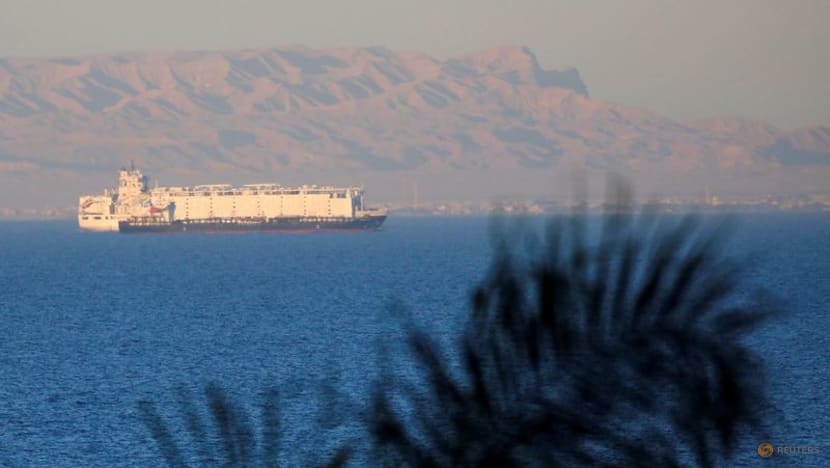
A container ship passes through the Red Sea before entering the Suez Canal. Photo: Reuters
Beijing has encouraged state-owned companies to invest tens of billions of dollars in Egypt's logistics, transportation and energy sectors, and has extended $3.1 billion in loans, according to the World Bank, according to data from the American Enterprise Institute (AEI).
In the months before the Israel-Hamas conflict broke out, companies from mainland China and Hong Kong pledged to invest at least $20 billion in various projects along Egypt's vital waterway.
For Chinese investors, who have spent huge sums on the Red Sea waterway and the Suez Canal, the attacks could be a disincentive.
According to AEI, China Ocean Shipping Company (COSCO) invested $1 billion in Egypt's port infrastructure last March. However, on January 7, COSCO, along with shipping lines Maersk, Hapag-Lloyd, Evergreen, etc., were forced to suspend services to Israel.
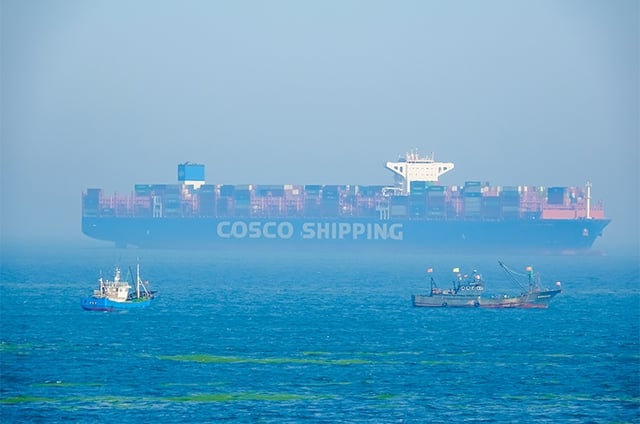
China's COSCO Shipping has suspended all shipping to and from Israel from January 7, 2024. Photo: Yicai
Also in March last year, COSCO and CK Hutchison Holdings, a prominent Hong Kong-based conglomerate, announced plans to invest an additional $700 million to develop a new container terminal at the Red Sea port of Ain Sokhna and at B100, a new container terminal at the Mediterranean port of Alexandria.
That same month, China’s Xinxing Ductile Iron Pipes announced plans to invest $2 billion in iron and steel plants, also in the port of Ain Sokhna, a move that underscores China’s interest in Egypt’s commercial interests as a link between Asian, Mediterranean and European markets.
Last October, Egypt's Suez Canal Economic Zone signed a $6.75 billion deal with Chinese state-owned China Energy to develop green ammonia and green hydrogen projects at the Sokhna Industrial Zone, as well as an $8 billion deal with Hong Kong-listed United Energy to set up a potassium chloride production facility.
Diplomatic pressure
The threat is not just to companies, but also puts Chinese President Xi Jinping's Belt and Road Initiative (BRI), which includes Egypt, Yemen and Iran.
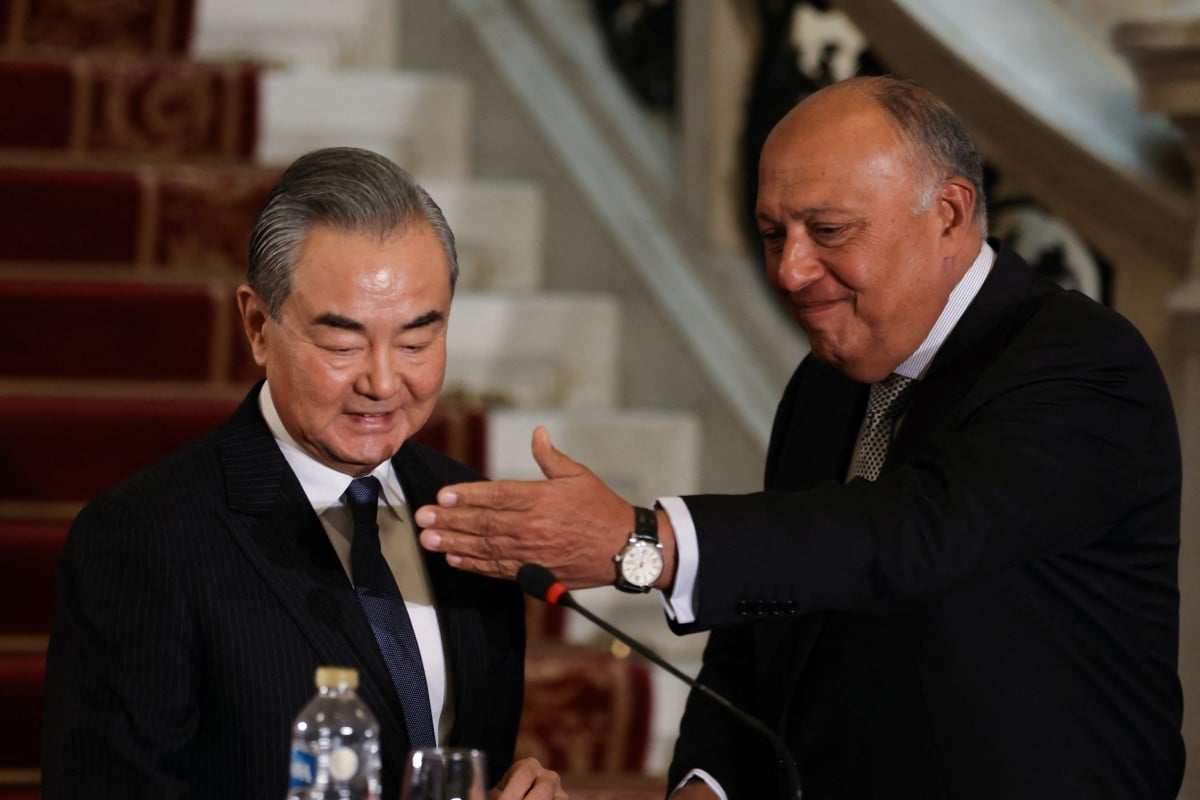
Chinese Foreign Minister Wang Yi (left) and Egyptian Foreign Minister Sameh Shoukry in Cairo, Egypt on January 14. Photo: Reuters
In the past, China has always insisted that it will not interfere in the internal affairs of other sovereign states. This has led analysts to question how China will respond when problems arise with BRI members.
The dilemma is particularly acute when tensions undermine the BRI's stated purpose, which is to connect Asia with Europe through the creation of a series of transcontinental trade and investment corridors.
Beijing is under diplomatic pressure over the Red Sea issue, with Chinese Foreign Minister Wang Yi saying Beijing wants to play a constructive role in dealing with global “hotspots,” Reuters reported.
On Sunday (January 14), Chinese Foreign Minister Wang Yi told his Egyptian counterpart in Cairo that Beijing supports a major peace conference on the Israeli-Palestinian issue, including the implementation of a two-state solution.
Hoai Phuong (according to Bloomberg, Reuters)
Source


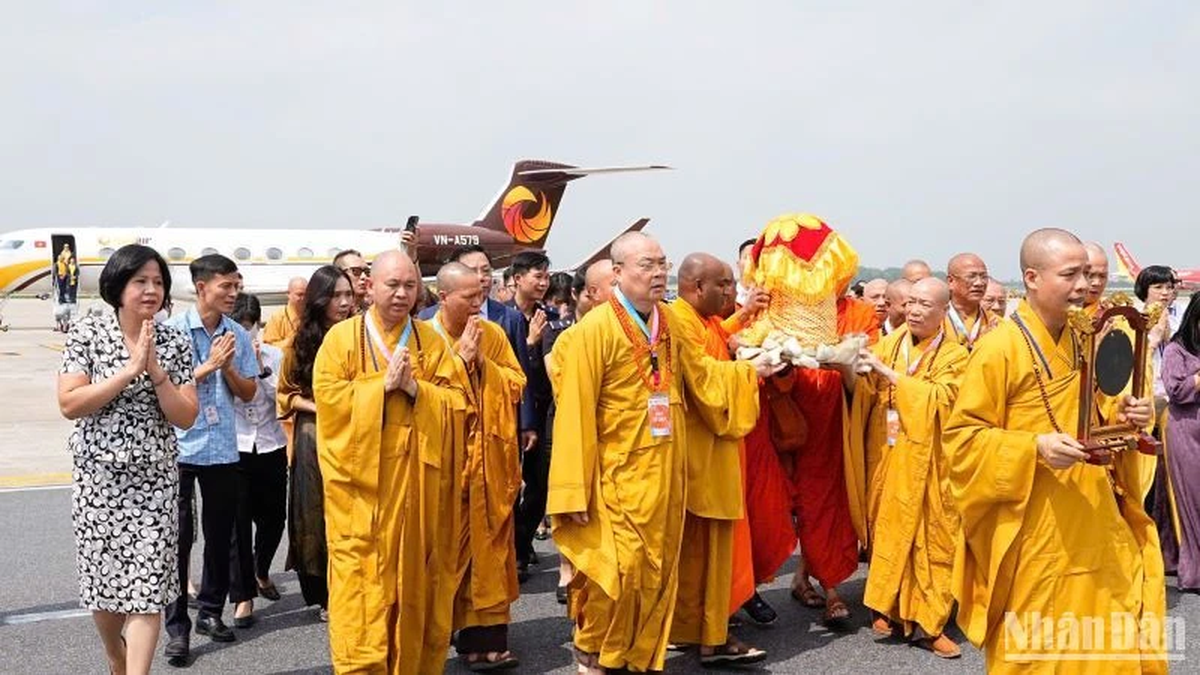
![[Photo] President Luong Cuong awarded the title "Heroic City" to Hai Phong city](https://vphoto.vietnam.vn/thumb/1200x675/vietnam/resource/IMAGE/2025/5/13/d1921aa358994c0f97435a490b3d5065)
![[Photo] Many people in Hanoi welcome Buddha's relics to Quan Su Pagoda](https://vphoto.vietnam.vn/thumb/1200x675/vietnam/resource/IMAGE/2025/5/13/3e93a7303e1d4d98b6a65e64be57e870)
![[Photo] Prime Minister Pham Minh Chinh receives Ambassador of the French Republic to Vietnam Olivier Brochet](https://vphoto.vietnam.vn/thumb/1200x675/vietnam/resource/IMAGE/2025/5/13/f5441496fa4a456abf47c8c747d2fe92)
![[Photo] President Luong Cuong attends the inauguration of the international container port in Hai Phong](https://vphoto.vietnam.vn/thumb/1200x675/vietnam/resource/IMAGE/2025/5/13/9544c01a03e241fdadb6f9708e1c0b65)

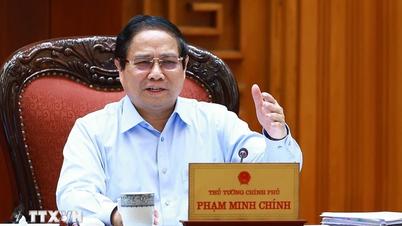








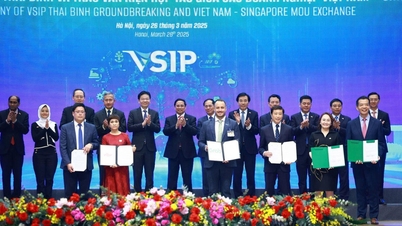

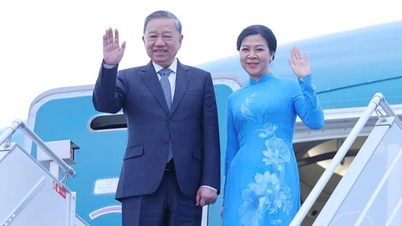

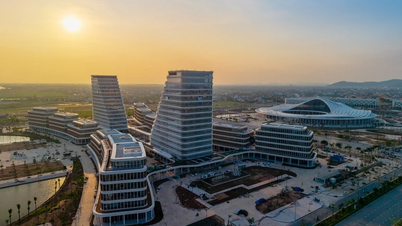


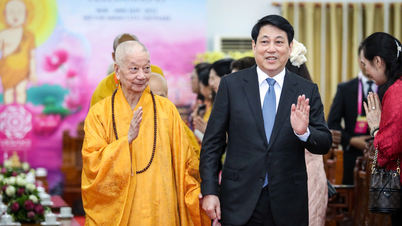

























































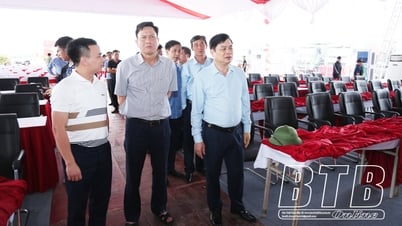


















Comment (0)